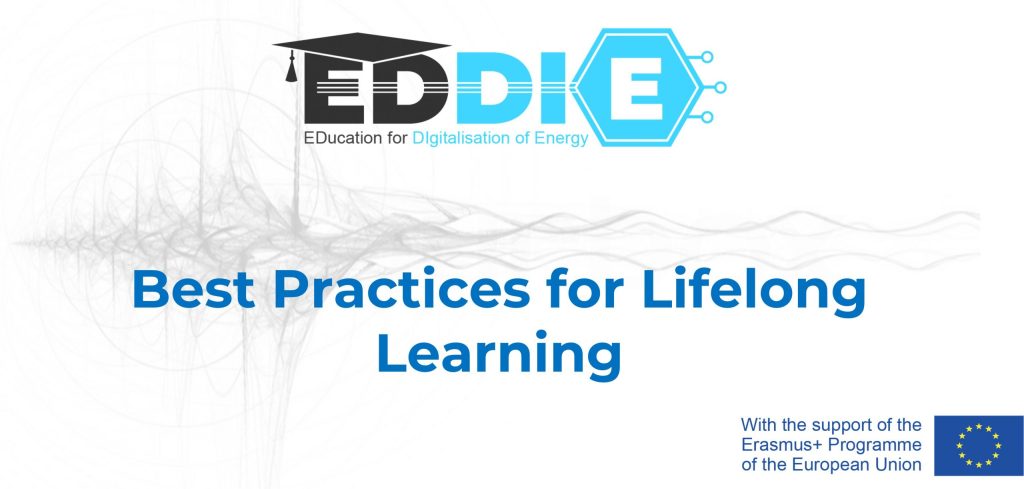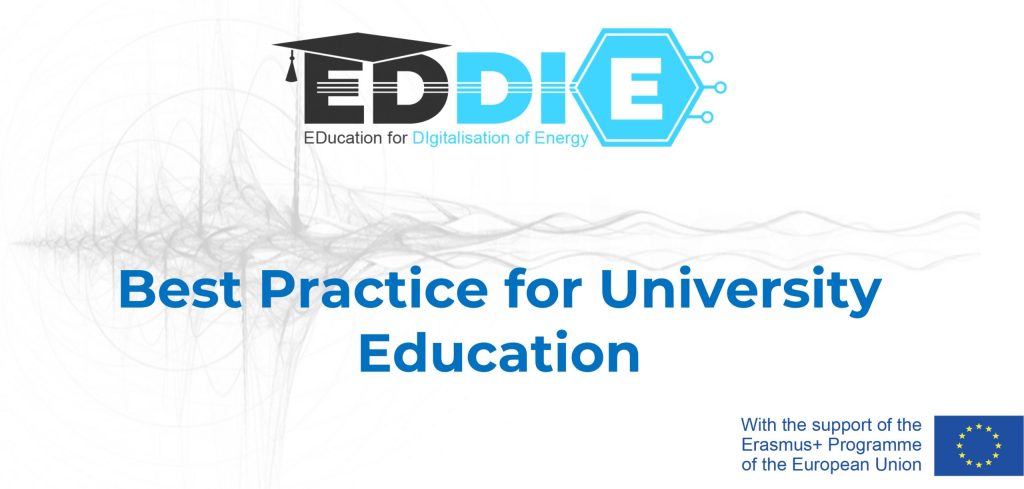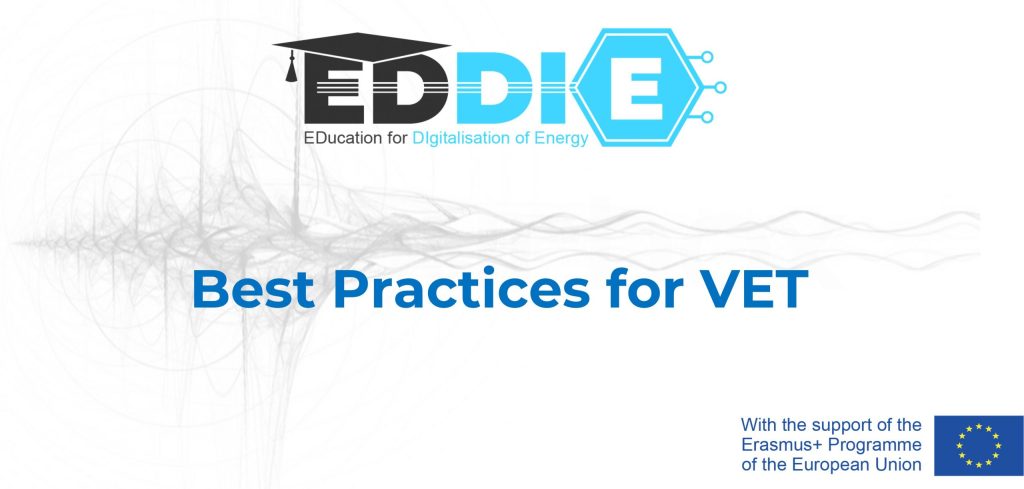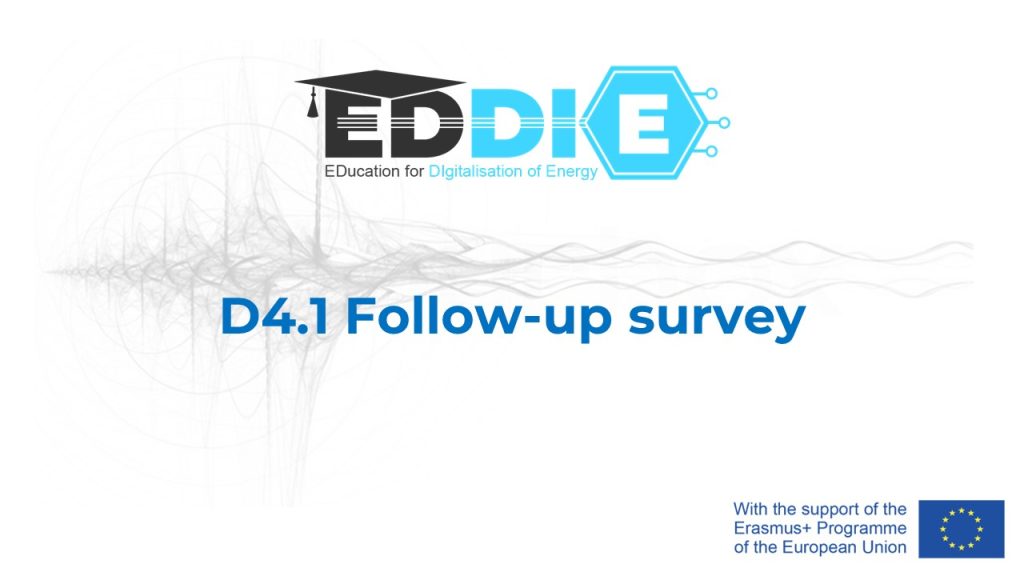Tools

Assessment of policies and requirements for VET, university and life-long learning and beyond
This will evaluate the best practice at regional, national and European level for VET and universities policies and initiatives. A key point will be establishing (education and training) reference points (based on occupations) within existing skills delivery (formal and informal) systems. As a result, a detailed description of best practices and analysis will become the basis for the identification of Energy sector skills and qualifications and their integration into educational systems at different levels.
This goal requires facing relevant challenges in order to match the current and future demand of digital skills, such as:
Contribute to the evolution of the training ecosystem to include the required digital skills -Vocational Education and Training (VET) and beyond
Contribute to an effective re-training in digital skills of the current and future workforce of the Energy Sector
Improve the attractiveness of the Energy Sector as a career choice for digitally skilled workforce.
From the review of the practices identified, it was established that overall, the initiatives in lifelong learning programs focusing on energy digitalization are commendable steps towards upskilling the workforce. These programs have the potential to equip individuals with the necessary skills and knowledge to stay relevant in the rapidly changing energy sector. However, it can easily be demonstrated that digital tools, apart from the online provision of the courses, were not incorporated in the practices, which renders the necessity of the EDDIE results still valid and up to date

The identified best practices in deliverable D4.3 consist of 5 master programs targeting Bachelor students in Europe. These master programs stand out on one hand through their educational content addressing the identified skills needed for the digitalization of the energy sector. On the other hand, the programs include some interesting structural and transferable practices. These practices focus mainly on educational programmes with industrial connections and programmes within the framework of pan-European exchange like EIT InnoEnergy and Erasmus Mundus.

After a comprehensive examination of various interventions that have been implemented in the field of VET provision in relation to the energy transition and digitalization, 6 Best Practices were identified in deliverable D4.2. These best practices provide an analysis of the most innovative and successful approaches that have been implemented in the field and can serve as a model for future interventions. In order to identify strategies and methodologies that can give valuable insights for future practices, there was an analysis of the success factors and scalability of each Best Practice, that resulted in a strong connection to the industry.

During “T4.1: Identification and assessment of skill delivery and professional knowledge to address digitalization”, the EDDIE project partners conducted an online survey between November and December 2021 to gather valuable insights and identify the main challenges the Vocational Education and Training (VET) systems are facing in the area of digitalization of the energy system and the associated demand for new skills.

The survey aims to identify the main challenges the VET systems face in the scope of the digitalization of the energy system and the new skills needed. The purpose of this questionnaire is to disseminate and expand the scope of our partial results about VET systems in Europe.
